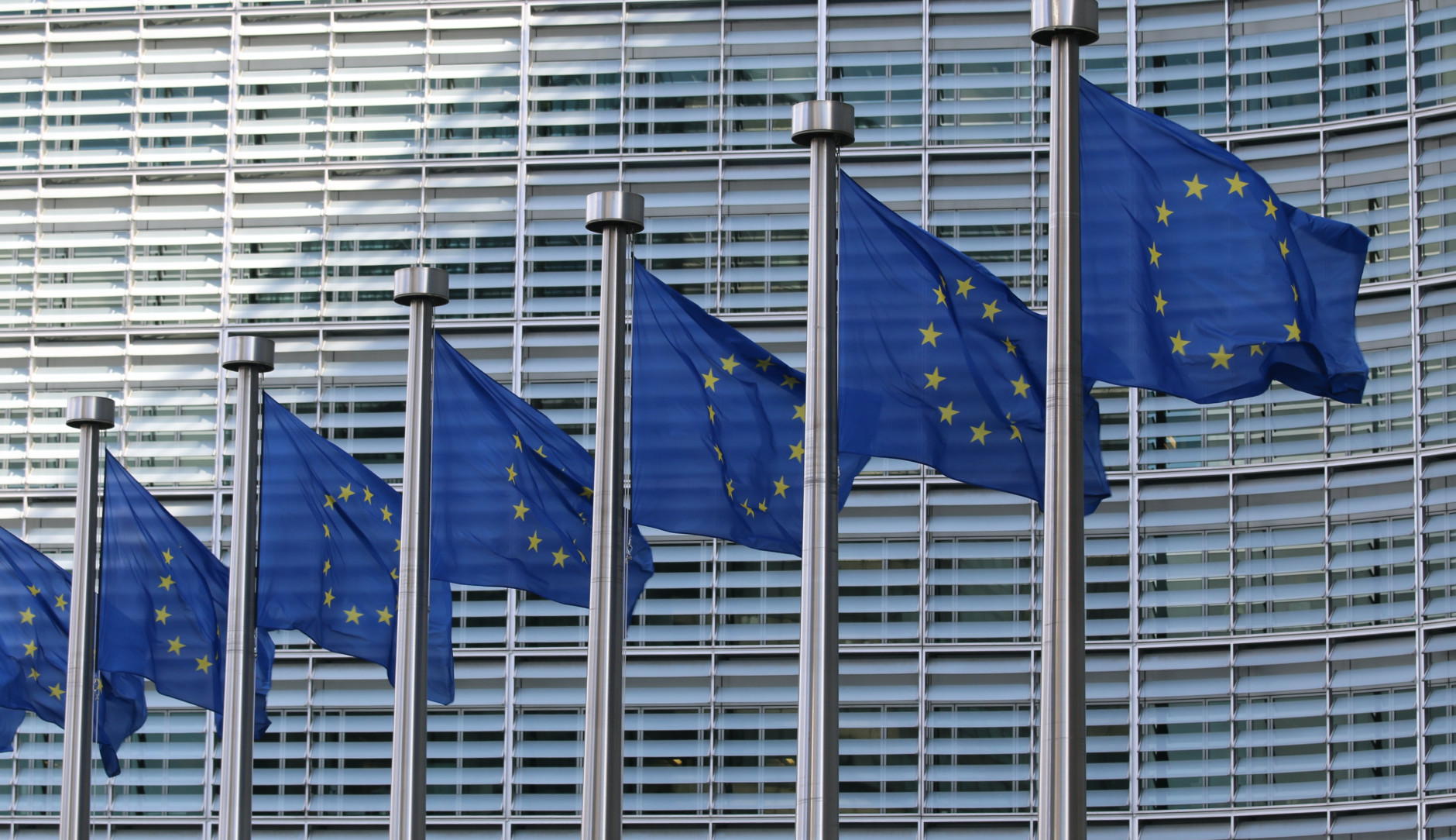The Responsibilities of the EU Before Facing Expansion
EU expansion challenges and reforms ahead. Learn about responsibilities, reforms, and the debate on unanimity.

The topic of European Union expansion often remains in the background due to the complex challenges it presents politically, economically, and socially, both for candidate countries and the Union itself.
In a radical change, it has become front and centre as a result of the Russian war of aggression against Ukraine. The EU has realised it can no longer keep countries into a perpetual ‘’grey zone’’ as they fall victim to Russian aggression, and in an increasingly competitive world, enlargement will ensure the EU increases its prosperity, innovativeness and diversity. While some political figures, such as Austria's Minister of Foreign Affairs, Alexander Schallenberg, have raised this issue in the past, it has garnered exceptional attention recently following the speech by the President of the European Council, Charles Michel, at the Strategic Forum in Bled, Slovenia.
The reason why the spotlight is now on Michel is that this time he not only emphasised the EU's commitment or responsibility to candidate countries but also shed light on the numerous tasks that the European Union itself must address before embarking on this enlargement. As Michel aptly stated, "There is still much to be done, both by the countries that will become EU members in the future and by those that already are." The crux of the matter lies in this reflection.
It is undeniable that future member states must strive to meet the EU's requirements. However, the European Union can undoubtedly play a more active role in supporting them in this process. Especially because in many candidate countries, a lack of visible benefits from EU accession has led to so called ‘’enlargement fatigue’’ in elites and populations, which risks them turning away from their reform path. Michel proposes, among other ideas, a gradual integration of these countries into EU policies so that they can more quickly experience initial benefits of EU membership and overcome their reluctance to embrace change. Although widespread support for EU integration still exists in most candidate countries, there is a certain degree of scepticism about the pace at which it might happen. An example is North Macedonia. While 79% of the population supports integration, 28% believe it will not occur in the next decade, and 17% believe it will never materialise. To address this lack of confidence, it is essential for the EU to take more decisive measures.
However, the significance of Michel's words lies in his focus on the need to adapt the EU's structure to cope with expansion. The Union already faces challenges due to a decision-making process that restricts its ability to act, and the addition of more countries would only exacerbate this situation. Michel acknowledges this fact clearly: "Integrating new members into our Union won't be an easy task. It will affect our policies, our programs, and our budgets. It will require political reforms and political courage." Indeed, EU expansion must go hand in hand with institutional reform.
Yet, this is where the ambition of the European Council falls short. In his speech, Michel made it clear that the principle of unanimity as a voting system should not be abandoned, since Europe has shown remarkable solidarity to act when necessary. But do we really require a war to break out on the European continent for such solidarity to emerge? Unanimity is one of the major obstacles to EU progress. It is not a matter of underestimating the importance of dialogue and the search for compromises to reach conclusions that benefit all. Whenever possible, decisions should be made by consensus. However, we cannot allow the interests of a single government to have an undue impact on decisions affecting millions of Europeans, with sometimes absurd effects. For instance, Hungary blocked a sanction package on Russia in order to remove the Patriarch of the Russian Orthodox church from the list, and held EU aid to Ukraine and a minimum corporate tax hostage over a conflict with the EU on its rule of law. The current unanimity structure can lead to significant blockages and delays in adopting policies and measures necessary for EU advancement.
Therefore, it is imperative to move to decision-making by qualified majority to prevent hindrance to progress in situations where unanimity is difficult to achieve, especially when it comes to things like sanctions, fiscal policy and steps in the enlargement process These are precisely the areas in which progress needs to be made in the coming years to ensure the EU is ready for new member states; so enabling effective decision making is key. As the President of the Council stated, it is time to display political courage. Therefore, let us be bold and not shy away from the debate on unanimity.
Article by Clara Panella Gómez and Teun Janssen